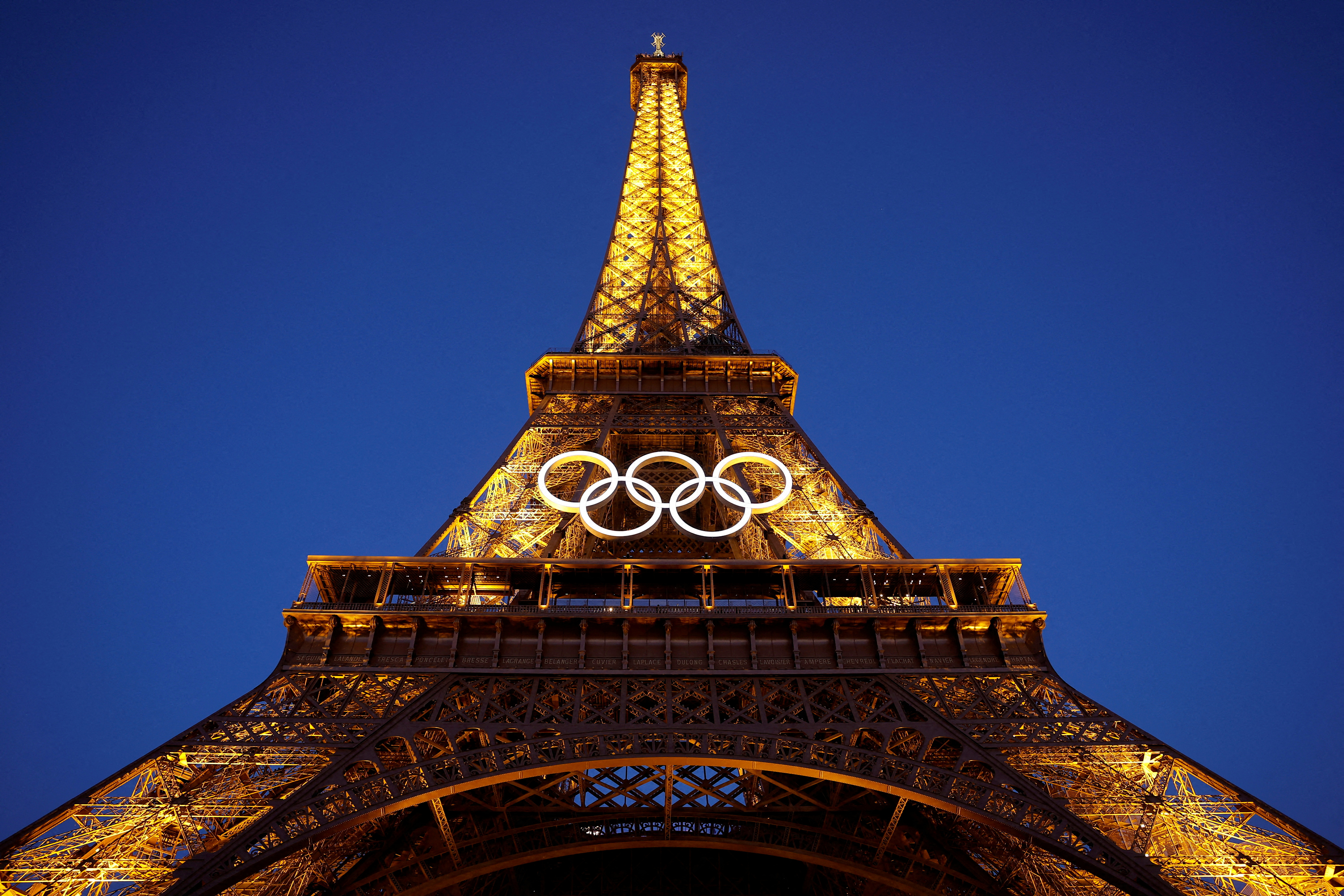Do Olympic rings deliver value to host countries?

By Steven Greenland and Robert Joseph Gill
The cost of hosting Paris 2024, the 33rd Olympics, is predicted to be more than €8.6billion. So what’s in it for the French?
Will this oldest of sporting events shine for them, or as has happened with some previous Olympics, will it prove to be a massive white elephant?
The Olympic brand is massively powerful and gives the host nation a global platform to strengthen their international reputation and standing.
The Olympic brand heritage goes back 2,800 years to southern Greece, when games were held to honour the Greek god Zeus at Olympia. Starting in 776 BC, these ancient games were held every four years and continued for more than 1,000 years.
The modern Olympics began in 1896 in Athens. Since then, the games have been hosted in 23 cities and 20 countries.
Paris 2024 will welcome around 10,500 athletes from more than 200 countries competing in 32 different sports. Around four billion people will watch on around the globe.
The Olympics’ five rings (created by Frenchman Pierre de Coubertin 110 years ago) is one of the most recognised logos on the planet.
It represents unity across the five continents.
It is this familiarity and positive Olympic brand associations – which include excitement, fairness and being elite – that some argue justifies the billions spent.
Host nations hope this Olympic sparkle rubs off on their nation’s reputation – but that’s not always the case.
Broadcast rights, sponsorships and advertising from organisations that want to be associated with the Olympic brand can generate huge revenue streams.
The Olympic brand adds considerable value for sponsors and advertisers, and there are also benefits that France (and the world) will gain long after the event.
Responsible marketing and attracting sponsors that complement Olympic brand values can promote positive, sustainable attitudes and behaviour. Examples of this include promoting unity, a sense of national pride, and social and health gains from increased sports participation.
The event also generates huge revenue from domestic and international tourism – 15 million spectators are anticipated for Paris 2024. Around three million additional visitors are expected in Paris during the games.
Increased infrastructure and updated civil works as a result of the city getting ready for the Olympics provide many lifestyle benefits.
Many Olympics have failed to turn a profit, meaning countries and citizens are left to pay off debts for decades after the event (for example, Rio, Montreal, Beijing and Athens).
Also, many cities are left with purpose-built infrastructure created specifically for the games but left idle afterwards, including athlete accommodation, aquatic centres and major stadiums.
What will determine the success of Paris 2024 and justify the massive investment in hosting the event?
The success of the Olympics for the host is often determined by the financial revenue it can generate. The Olympic brand plays a significant role in generating this financial support.
However, the brand’s reputation can be tarnished by issues leading up to and during the games, which may reduce the positive impacts.
The Olympic brand’s reputation can be affected by issues like:
high-profile athletes and national teams cheating or doping
world sporting authorities placing restrictions on competitors based on gender and status
incompatible sponsors jumping on the Olympic bandwagon. For example, manufacturers of harmful products whose negative brand associations could tarnish the Olympic brand, such as soft drink and alcohol sponsors
negative publicity associated with unethical practices of host and participating countries with human rights issues. This includes others using the event to publicise these
politicising the event – including “sportswashing”, protests, boycotts and image protection, as seen with China, the United States, and Russia
unforeseeable events – the Covid pandemic delayed the Tokyo games and pushed the cost to €11.1 billion
other negative associated risks for the host city such as terrorism, heat waves, and civil unrest.
With close to half the world watching Paris 2024, France’s National Olympic Committee will be anxiously hoping for positive outcomes to ensure a strong return on their investment. But since Sydney 2000, virtually every games host has suffered significant financial blowouts.
For their sake, and the Olympics’ reputation, let’s hope the Paris games sparkle – or we may be left with a very limited number of potential future hosts with very deep pockets.
Steven Greenland is Professor in Marketing, Charles Darwin University and Robert Joseph Gill is Associate Professor in Media and Communication, Swinburne University of Technology, Swinburne University of Technology. This article is republished from The Conversation under a Creative Commons licence
